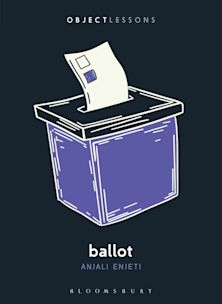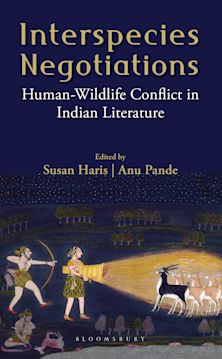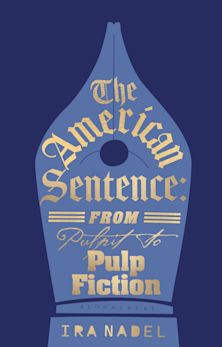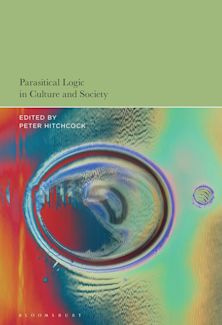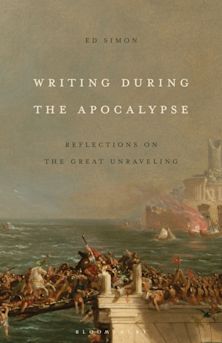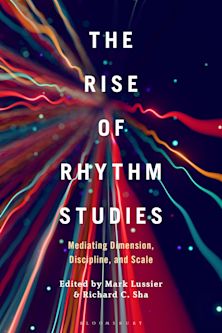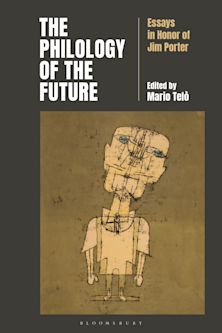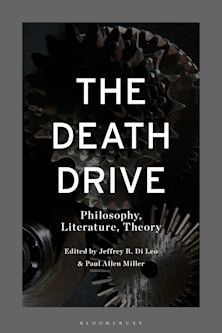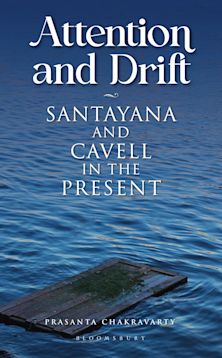- Home
- ACADEMIC
- Literary Studies
- Literary Theory
- The Personal and the Political in American Working-Class Literature, 1850–1939
The Personal and the Political in American Working-Class Literature, 1850–1939
Defining the Radical Romance
The Personal and the Political in American Working-Class Literature, 1850–1939
Defining the Radical Romance
You must sign in to add this item to your wishlist. Please sign in or create an account
Description
As working women invaded the public space of the factory in the nineteenth century, they challenged Victorian notions of female domesticity and chastity. With virtue at the forefront of discussions regarding working women, aspects of working-class women’s culture—fashion, fiction, and dance halls—become vivid signifiers for moral impropriety, and attempts to censure these activities become overt attempts to censure female sexuality in the workplace. The Personal and the Political in American Working-Class Literature, 1850–1939 argues that these informal and often ignored “trifles” of female community provided the building blocks for female solidarity in the workplace. While most critical approaches to working-class fiction emphasize female suffering rather than agency, this book argues that working women themselves viewed aspects of consumer culture and new avenues for courtship as extensions of their rights as breadwinners. The strike itself is an intense moment of political upheaval that lends itself to more extensive personal and sexual freedoms. Through its analysis of strike novels, this book provides a fuller picture of working-class women as they simultaneously navigate new identities as “working ladies” and enter the dramatic and sometimes violent world of labor activism. This book is recommended for scholars of literary studies, women’s studies, and US history.
Table of Contents
Introduction
Chapter 1: The Lowell Experiment: Finery, Chastity, and an Emerging Working-class Culture
Chapter 2: Maud Matchin: A Working-Class American Beauty in John Hay’s The Breadwinners (1896)
Chapter 3: Strikers at the Ball: Radical Romances of the Great Shirtwaist Strike, Diary of a Shirtwaist Striker (1909) and Comrade Yetta (1913)
Chapter 4: Romance on the Picket Line: Mary Heaton Vorse’s Strike! (1930) and Dorothy Myra Page’s Gathering Storm (1932)
Chapter 5: Violence and Female Sexuality in Sherwood Anderson’s Beyond Desire (1932) and William Rollins’s The Shadow Before (1934)
Chapter 6: Romance as Redemption in Olive Tilford Dargan’s Call Home the Heart (1932), Stone Came Rolling (1935) and Grace Lumpkin’s To Make My Bread (1932)
Conclusion
Works Cited
Product details
| Published | 06 Sep 2019 |
|---|---|
| Format | Ebook (Epub & Mobi) |
| Edition | 1st |
| Extent | 196 |
| ISBN | 9781498581219 |
| Imprint | Lexington Books |
| Series | Innovation and Activism in American Women's Writing |
| Publisher | Bloomsbury Publishing |
About the contributors
Reviews
-
A welcome challenge to conventional wisdom assuming the essential conservatism of romantic narratives, Radical Romance offers a fresh take on the social and symbolic functions of the heterosexual romance plot. Laurie Cella's nuanced readings are carefully researched and grounded in the rhetorical and material contexts of working-class activism and debates about working-class women in the US. Combining and reformulating critical thought on romance narrative and on proletariat fiction, Radical Romance extends and deepens our understanding of both. In Cella's hands, old stories are made new again.
Mary Paniccia Carden, Edinboro University of Pennsylvania
-
With her latest book, Cella emerges as an important theorist and critic whose work on working-class writing will spark significantly new perspectives on the complex and fascinating intersections of personal narrative, political discourse, and the act of reading as social—and possibly subversive—activity. Engagingly written, Cella’s The Personal and the Political in American Working-Class Literature is an erudite, useful and important book.
Regina Barreca, University of Connecticut
-
Laurie Cella’s The Personal and the Political in American Working-Class Literature, 1850–1939: Defining the Radical Romance tracks working women in history and in the pages of romances: antebellum Lowell mill girls, New York City immigrant garment workers and Depression-era Southern textile workers. Cella deftly navigates from actual historical actors engaged in labor struggle to the romances that represent these working girls. Her analysis takes up where Janice Radway’s study left off—identifying how the “radical romance” offered working women an opportunity for flirtation, love, sexuality, and political independence. Working women found liberation within their political struggles, and their personal ones—but these struggles were complicated and incomplete. Cella’s study is a crucial text for those studying the intersection of literary criticism, gender, and working-class studies. Cella makes you want to seek out all the working heroines of yore.
Carol Quirke, SUNY College at Old Westbury













